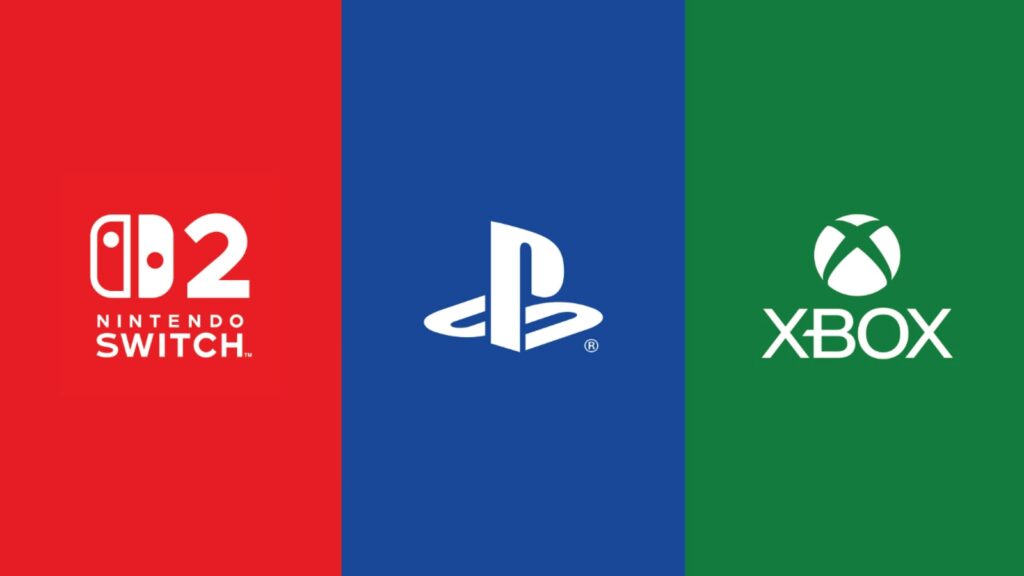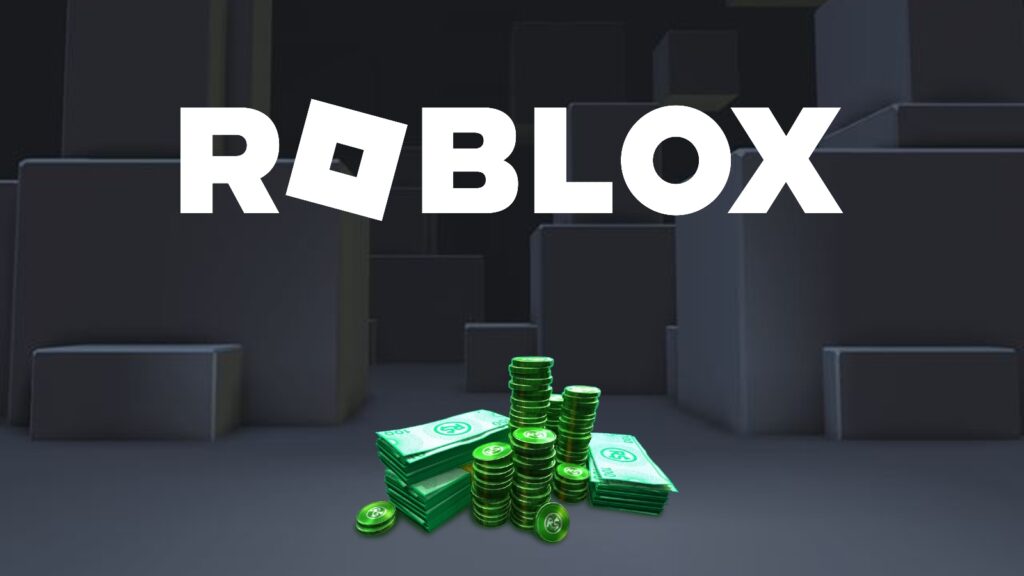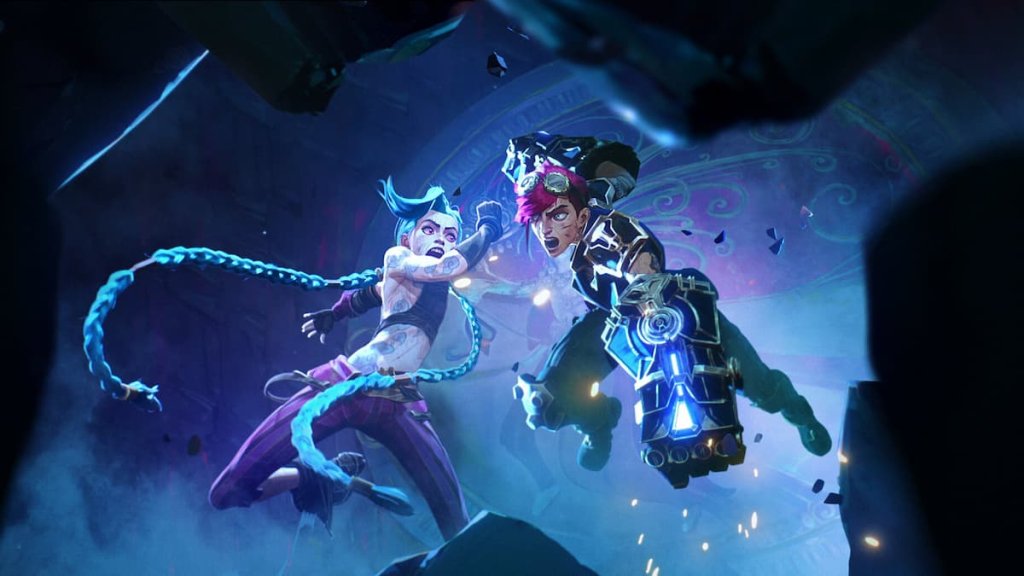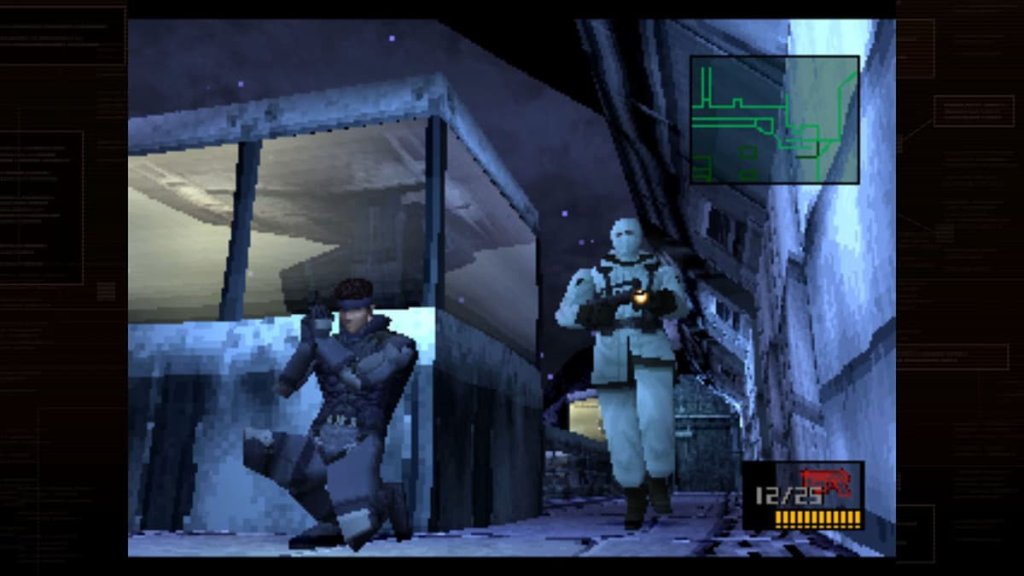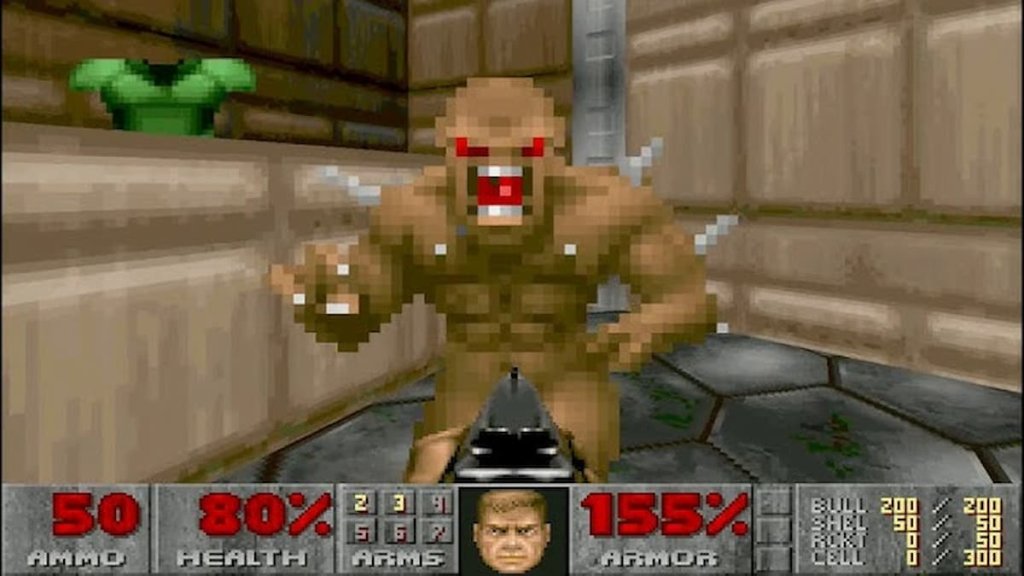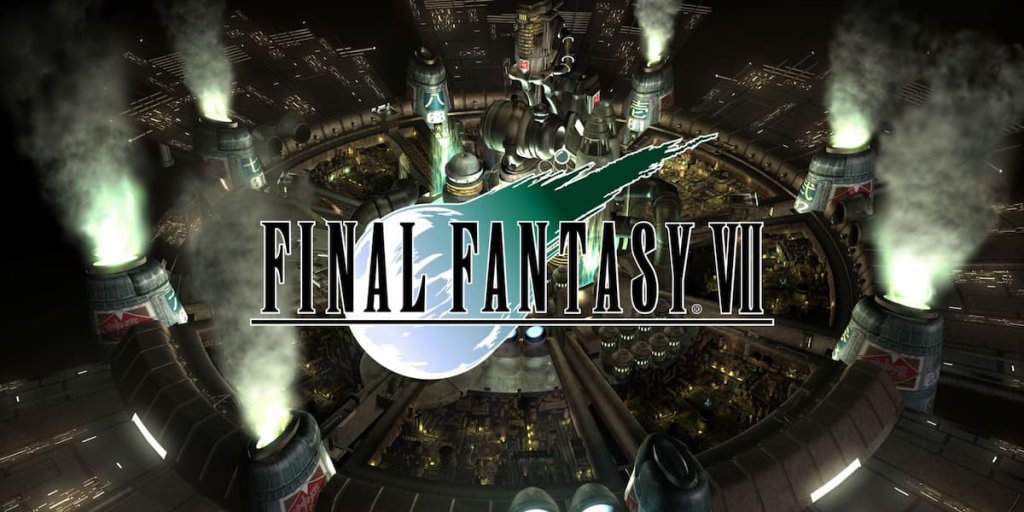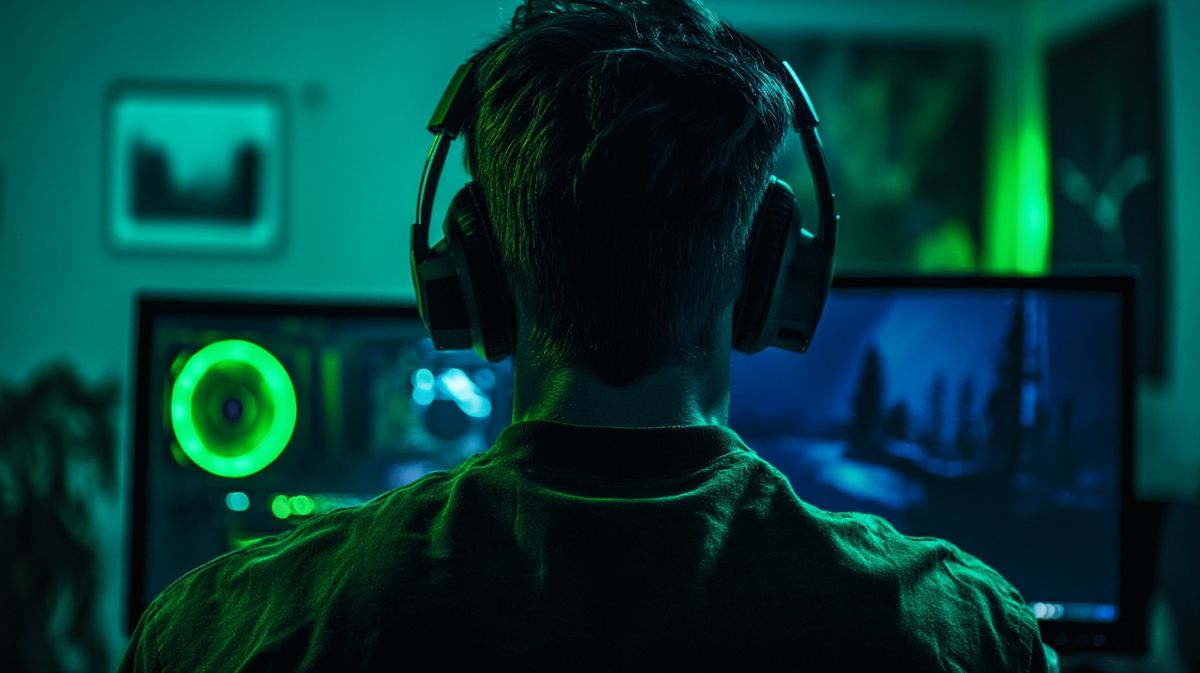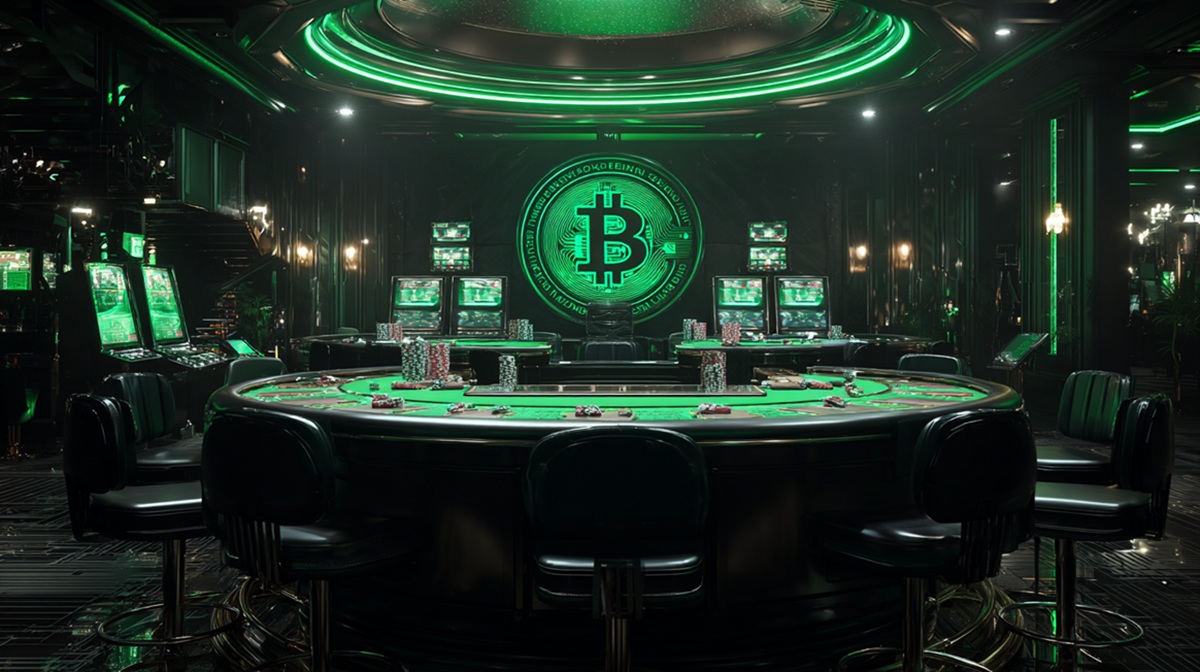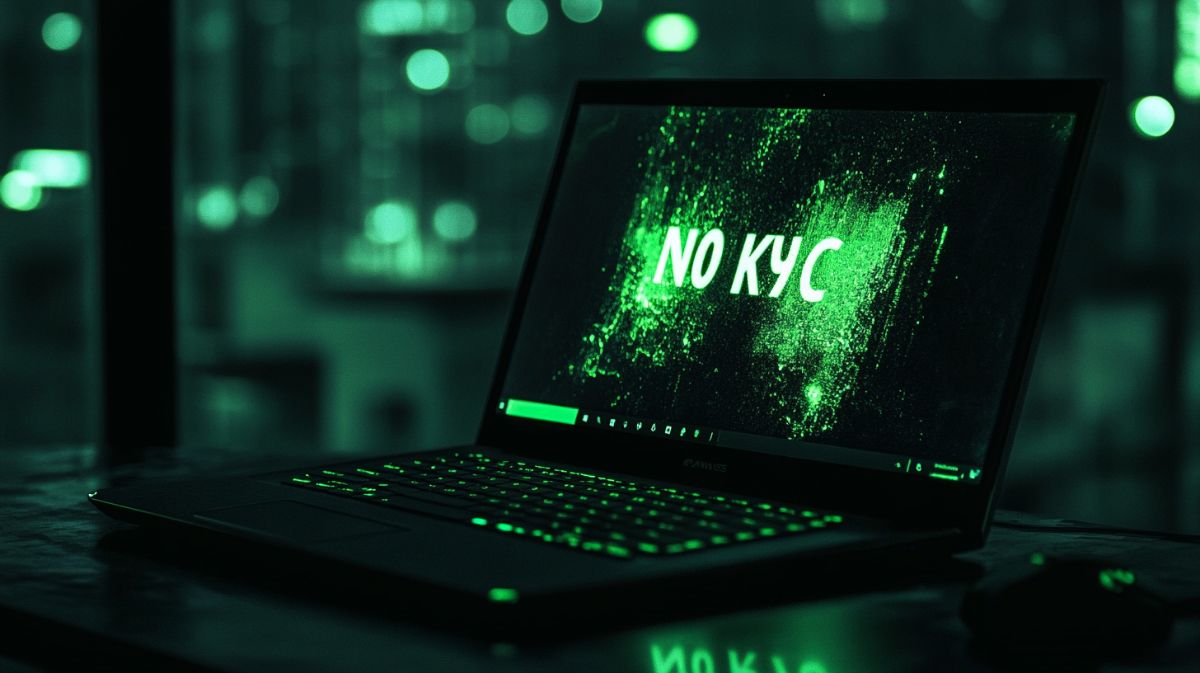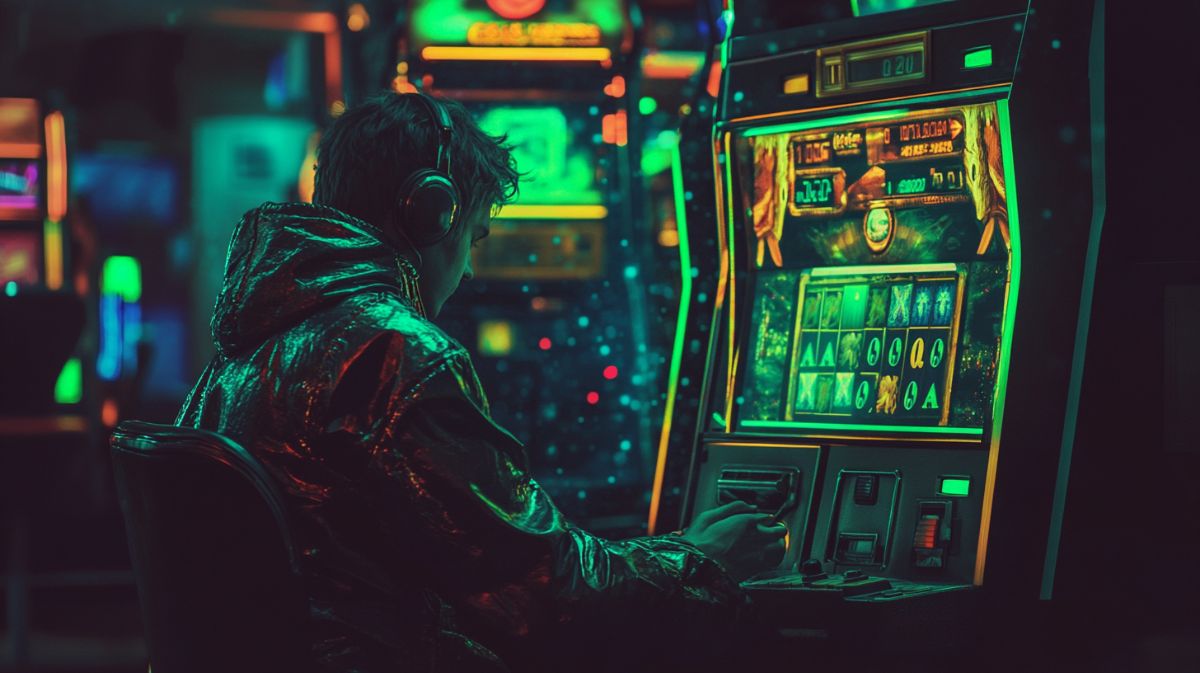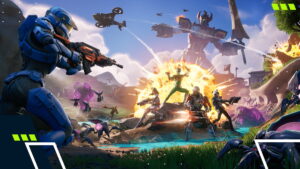Senua’s Saga: Hellblade II is incredible – Why is Xbox giving it away for free?
Senua’s Saga: Hellblade II, the latest game from DmC: Devil May Cry developer Ninja Theory, dropped today without much fanfare – which was confusing given how good that game has been. Picking it up for the first time today, for absolutely no money on Xbox Game Pass on PC, I was surprised to find a gorgeous, graphically spectacular game with a compelling story… and pretty much no hype behind it.
Packed with intense visual moments and dazzling effects, it’s actually confusing why this game is being given away for free on Game Pass. A sequel to the critically acclaimed Hellblade: Senua’s Sacrifice, the game doesn’t need you to have played the original and does a good job catching you up with a quick recap. Then it’s right into the action, as Senua is quite literally plunged into the deep end of an adventure.
Senua’s Saga: Hellblade II Review
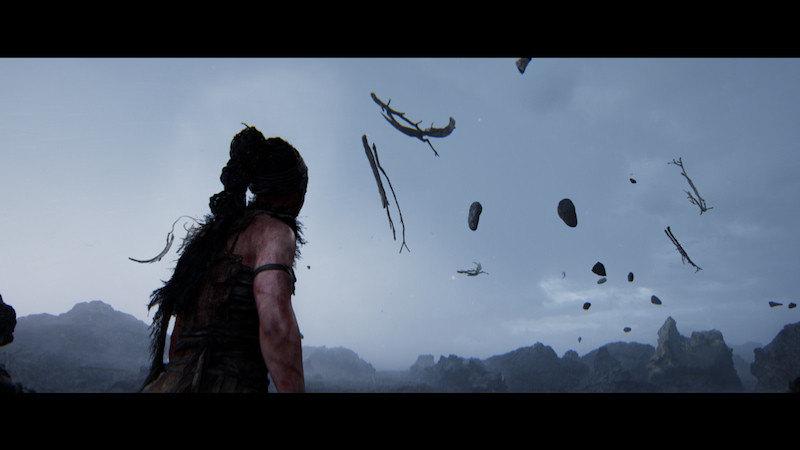
Credit: Esports.net
Senua is a Pictish warrior kidnapped by Viking raiders and shipwrecked on the shores of Iceland. Battling through Nordic slavers, and later, supernatural foes, Hellblade II also deals with the psychological torment of its titular character. Senua is blighted by the voices of the Furies – mythical goddesses of vengeance and prophecy.
In the game and narrative, the Furies are heavily implied to be part of Senua’s psychosis, and manifest themselves as whispers in your ear. This is an especially intense experience as a headphone user.
However, the Furies also prove to be valuable and are never treated as the “villain” of the game. Instead, Senua’s true problems come from a “darkness” once inhabiting her father and now seemingly prescient on the shores of Iceland, where her captors reside.
It’s a surprisingly cerebral narrative that weaves the supernatural and mythological—more meaty fare than most video game stories would tackle. While a glance and the synopsis might seemingly relegate this to another “kill the gods” story, Senua’s Saga: Hellblade II is a far more ambitious attempt at creating psychological horror through gameplay.
Mechanics keep things simple
The mechanics of the game are standard enough within the action-adventure genre, but does away with many of the most frustrating parts of those games. Boss fights and combat are rhythmic and reward timing and memorizing patterns, rather than following button prompts and combos. This ends up making it feel more souls-like than action-adventure in some ways.
But for a game so unique, it does occasionally keep rubbing against familiar ground. The Icelandic setting and use of the harsh and unique landscape of the country draws natural comparisons to fellow Iceland landscape-inspired game Death Stranding. The visuals, the ruminations on death and other worlds instantly reminded me of Kojima’s work, and that hurts Hellblade II because Death Stranding is just a more compelling piece of media.
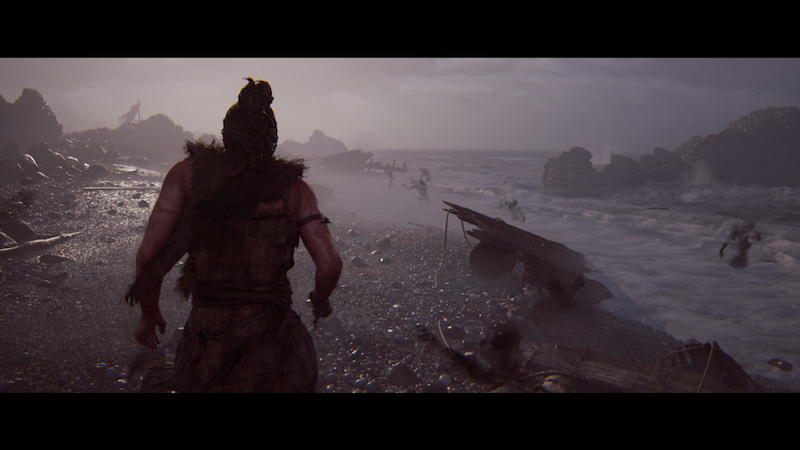
You could be forgiven for mistaking Hellblade II’s visuals for Death Stranding 2 – Credit: Esports.net
Beyond this, the setting and genre instantly put you in a headspace of something like God of War, which unfortunately has forced itself into a somewhat of a monopoly on Nordic mythology in the mind of gamers. Hellblade II is a much more narratively and mechanically impressive game than any God of War title, relying far less on handholding and set pieces, but will inevitably be hurt just by the fact it occupies the same cultural real estate.
The game is also intently conscious of its desire to immerse you in its world and narrative by avoiding pitfalls of its genre, like on-screen button prompts and yellow paint on climbing surfaces. But in doing so, the whispers and taunts of the Furies become their proxy, as the voices in Senua’s mind increasingly spend much of the gaming telling you what to do next.
This isn’t the most terrible thing in the world, because I definitely felt myself as frustrated as Senua at times by her curse. In that way the chirping of the Furies, the naysaying of the darkness, and the taunts of your opponent blend together to make it extra satisfying when Senua plunges her sword into someone.
Our verdict
Ultimately, Hellblade II is a deeply impressive and ambitious game that feels bizarrely out of place as a Xbox title being given away on Game Pass. With its arty roots, cinematic influences, and non-mainstream appeal, I’d almost expect this game to arrive on Steam instead, with a different price point, half the graphical fidelity, but a similar reception.
Instead, this feels like a statement piece from Xbox and Microsoft in the wake of some bad press. Weeks prior to Hellblade II’s release, Microsoft shuttered four game studios, including Tango Gameworks, the company behind Bafta award-winning Hi-Fi Rush. The same week, a top Xbox executive went on record saying “We need smaller games that give us prestige and awards.”
Hellblade II, whose predecessor also won a Bafta, ticks the boxes as a prestige title that could win awards. Its positioning as a day one Game Pass release means the title get far more eyes on it, as Microsoft perhaps attempts to find another identity for its Xbox brand.
